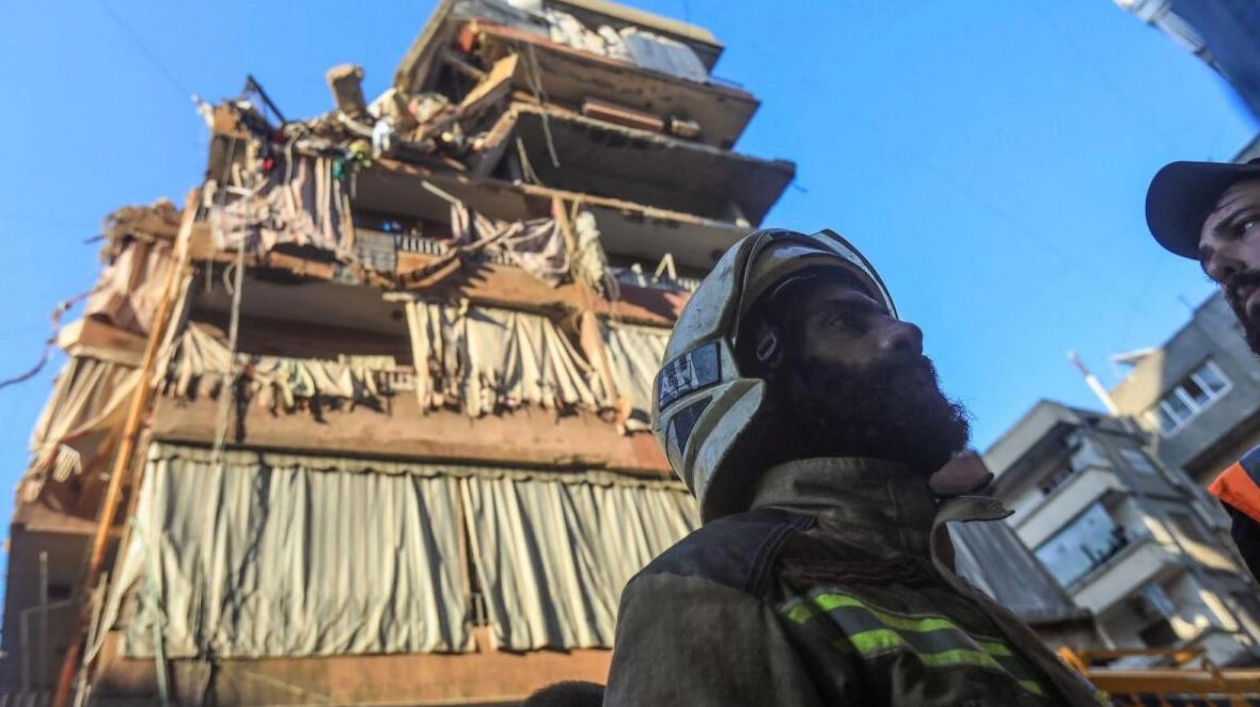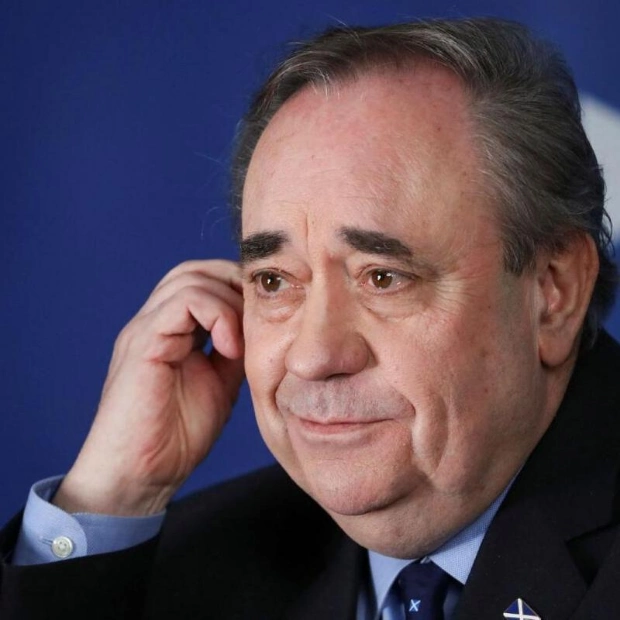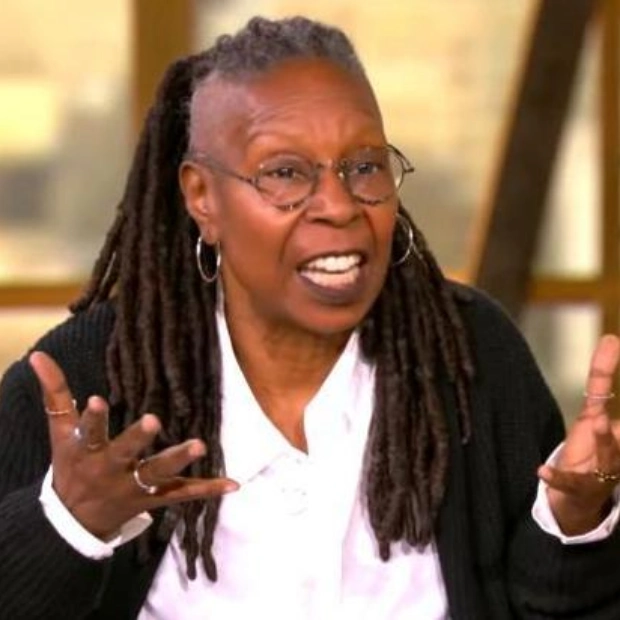Israeli Foreign Minister Israel Katz on Thursday dismissed proposals from the US and France calling for a 21-day ceasefire in Lebanon. Prime Minister Benjamin Netanyahu, who was en route to address the United Nations, did not respond to the proposal but instructed the army to maintain its operations. "There will be no ceasefire in the north," Katz declared on the social media platform X. "We will continue to combat the Hezbollah terrorist organization with all our might until victory and the safe return of the northern residents to their homes."
Netanyahu issued a statement affirming his directive to the military to continue fighting with full force, in line with operational plans. "This is an American-French proposal that the Prime Minister has not even responded to," his office clarified in a statement. Shortly after, the Israeli military announced a fresh wave of airstrikes targeting Hezbollah positions in Lebanon.
Finance Minister Bezalel Smotrich, leader of one of the coalition's nationalist-religious factions, emphasized that Hezbollah must be defeated and only its surrender would enable the return of evacuees. "The enemy must not be allowed to recover from the severe blows it has sustained and reorganize for the continuation of the war after 21 days," he stated.
National Security Minister Itamar Ben-Gvir's far-right faction scheduled an emergency meeting, with party members already voicing opposition to the proposal. The US and France, supported by other allies, had called for a 21-day ceasefire along the Israel-Lebanon "Blue Line" to facilitate negotiations toward a potential diplomatic resolution.
Israel has conducted the heaviest airstrikes against Lebanon since the 2006 war, resulting in over 600 fatalities, as months of cross-border clashes with the Iranian-backed Hezbollah escalated. Hezbollah has launched hundreds of missiles into Israel, including its economic hub Tel Aviv, though Israel's aerial defense system has minimized damage. On Wednesday, Israel's army chief hinted at the possibility of a ground assault on Lebanon, instructing troops near the border to prepare for a potential crossing. The implications of these comments—whether as a precursor to a ground operation or a tactic to pressure Hezbollah—remained unclear. Israel mobilized two additional reserve brigades to the northern sector on the same day.
Israel and Hezbollah have been engaged in intermittent fire exchanges for nearly a year, beginning with Hezbollah's retaliatory barrage following Hamas's attacks on southern Israel on October 7.






